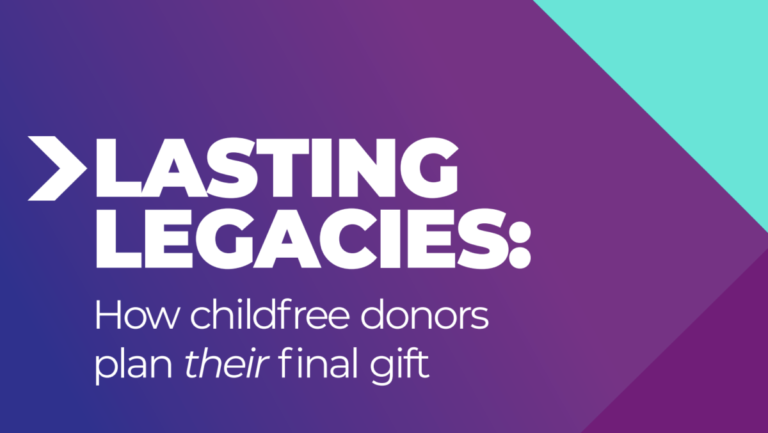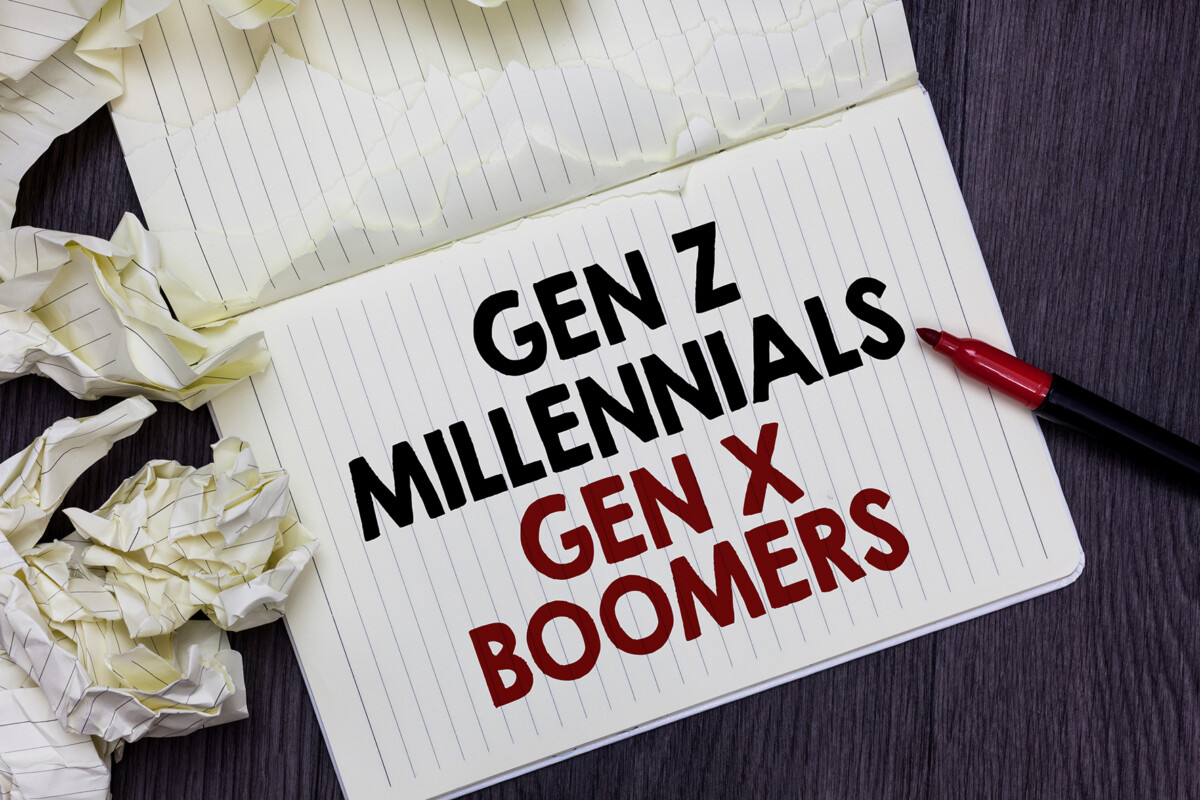New report provides insights into childfree donors & how to engage them

A new report reveals childfree donors’ attitudes towards charitable causes during their lifetime, as well as their motivations for leaving a legacy.
WPNC’s Lasting Legacies: How Childfree Donors Plan Their Final Gift was created in conjunction with digital fundraising platform goDonate. WPNC set out to understand how likely this specific audience segment is to donate via a legacy, and what lies behind the choices they make.
Its study reveals some key differences between donors who have children and those who don’t. These include: a desire to spend time making an impact during their lifetime, which makes them particularly aware of – and engaged with – charities; a willingness to donate more while they are alive, without children to leave their estate to; but also an eagerness to designate a legacy to “complete their life’s work”.
Advertisement
Based on the analysis, the report also identifies five ways charities can bolster fundraising strategies to specifically engage childfree donors:
Instant impact. The report says that perceived wisdom around fundraising speaks to communicating impact in the long term but that perhaps for childfree audiences this is less important. It suggests that understanding the specific and immediate impact of the gift on their death rather than vaguer, longer-term goals is appealing, and that this audience also need certainty their gift will make an immediate impact, and not be wasted.
Life’s legacy. The report found that this audience displays a desire to finish their charitable actions at the point of their death: not a long-term impact, but a conclusion to their personal mission.
Control counts. The findings also suggest that a sense of control could be ‘powerfully motivating’ with this group more likely to be making decisions about legacies today rather than waiting until they are much older. One option is asking for restricted gifts that can be spent immediately upon death.
Before death. This audience could be encouraged to discuss their legacy intentions with friends and family, the report suggests, which would help realise the impact of their legacy while they’re alive. They also want to witness a conclusion to the impact of their actions.
Free Wills. These are an important option, the report says, directly appealing to childfree people on the database, and the more communication around estate and death planning happens, the more it creates opportunities for a conversation around Wills and legacies beyond the standard gifts to family.
Gail Cookson, Legacy and International Marketing Director, WPNC, said:
“Childfree lives have recently come to the fore with some high-profile celebrities and media personalities alike sharing their experiences of choosing not to have a family. It is an issue that divides opinion across society – and also has implications for charities’ fundraising strategies.
“These potential donors are planning to make a specific and intentional impact with their estate; whether that’s acts of charity around people they know, or to provide for animals like those they’ve cared for, or contributing to the missions of a specific charitable organisation that’s personal to them.
“The five key takeaways from our research raise crucial questions for legacy fundraisers. How best can they use this unique insight to engage an increasingly prominent donor audience to discuss leaving a gift in their Will?”
WPNC’s primary qualitative research for the report was in-depth interviews investigating childfree people’s attitudes towards, and preferences for, charitable giving. The 12 UK-based contributors, aged from 30 to 65, were all voluntarily childfree. Half had charities listed in their Will at the time of the interview; the other half were open to the possibility. WPNC also used thematic Reddit social listening, along with desktop research and quantitative data, which was supplied by Fastmap.





